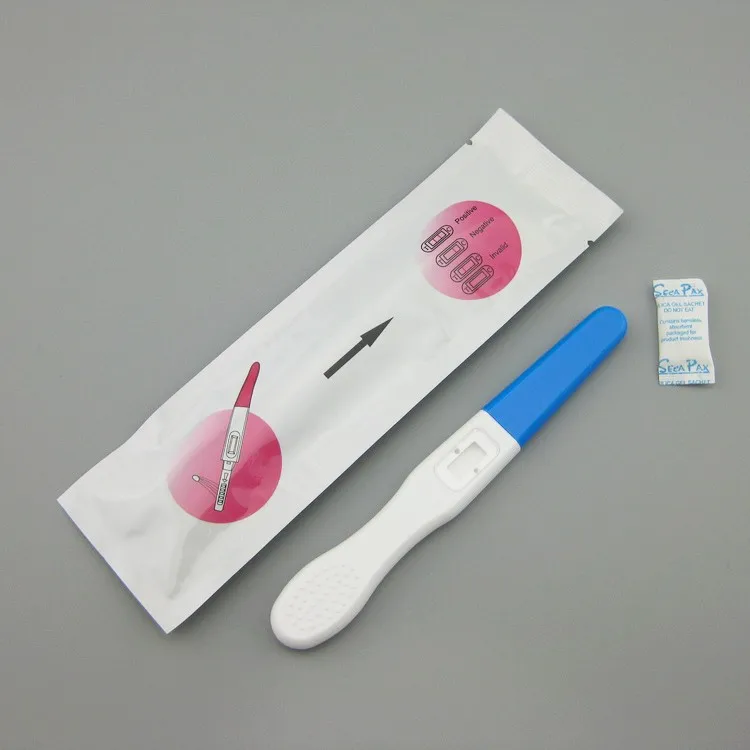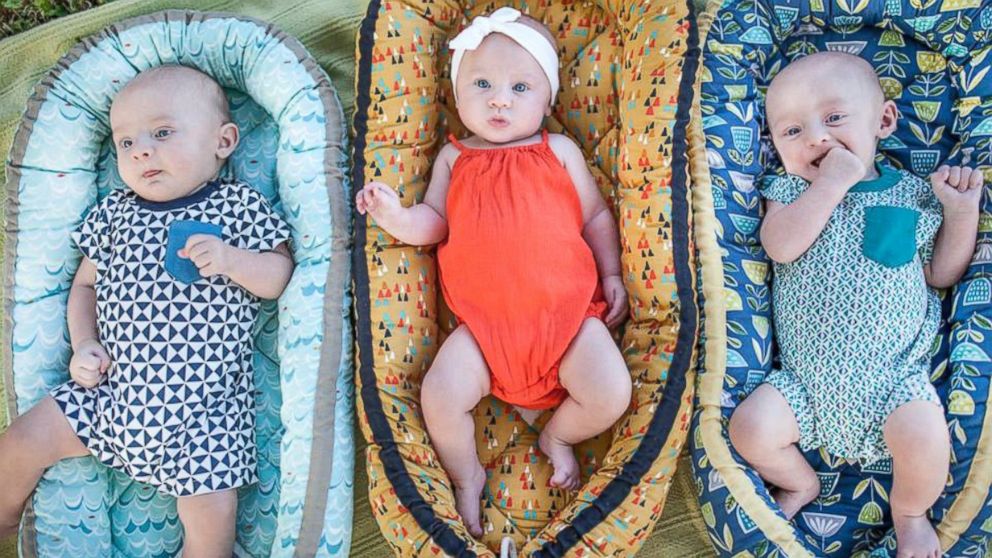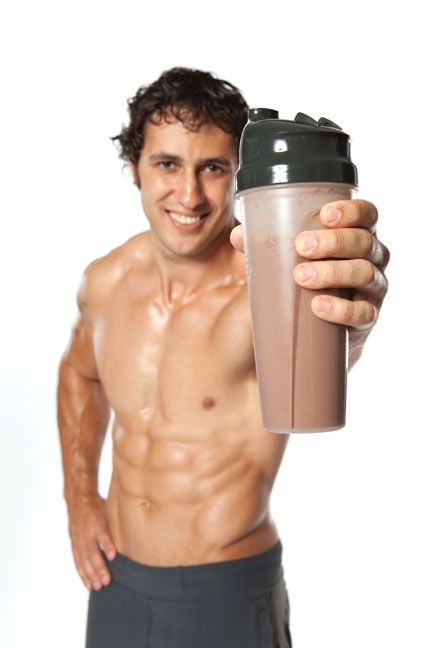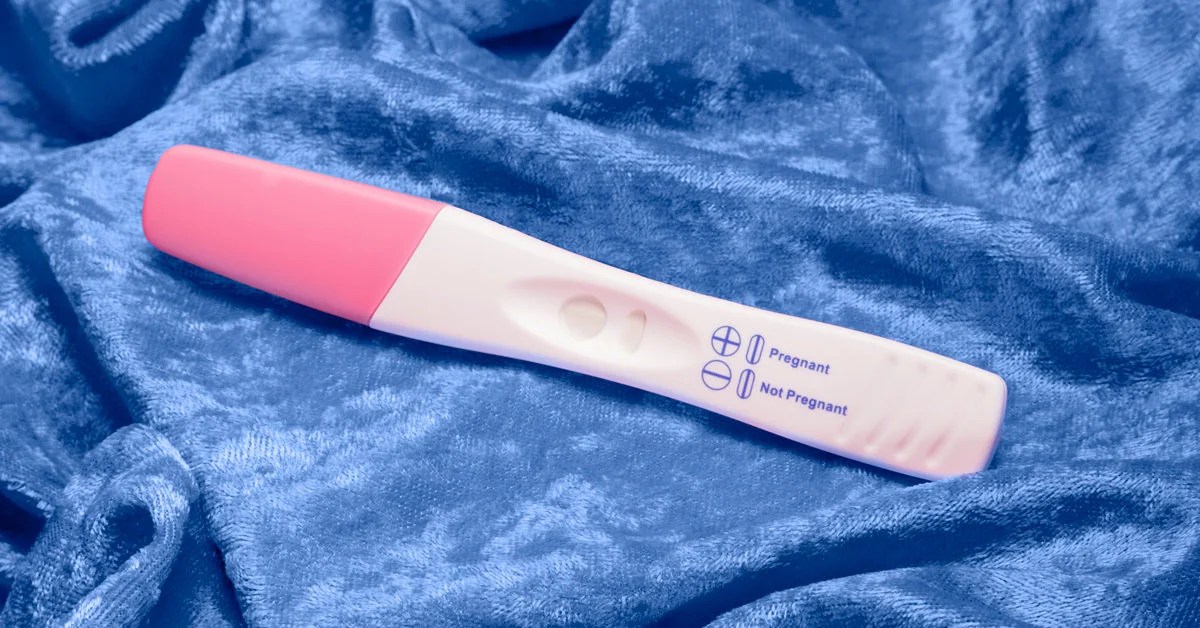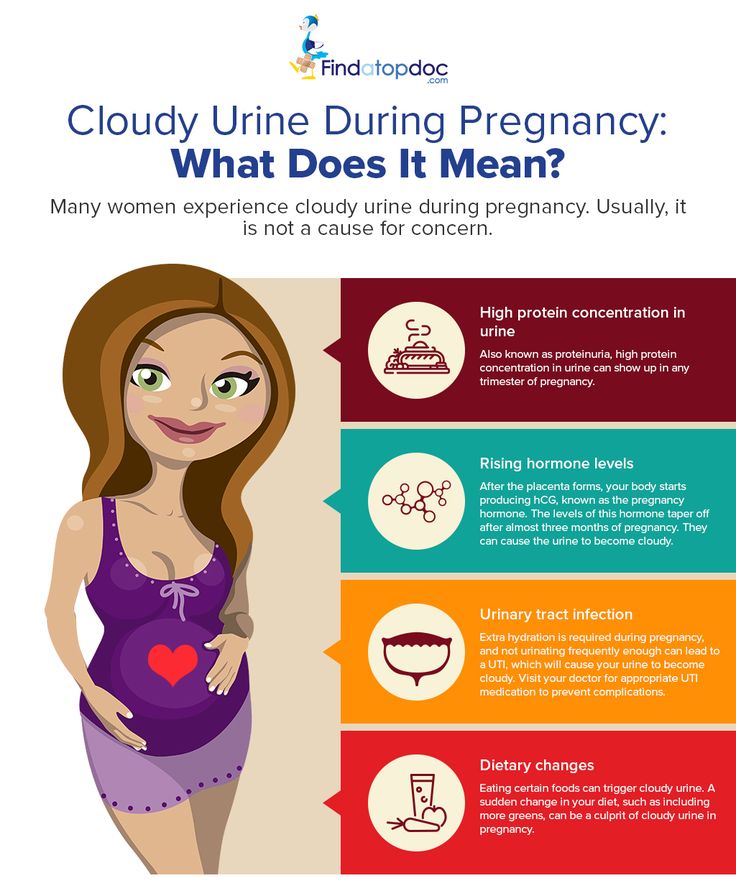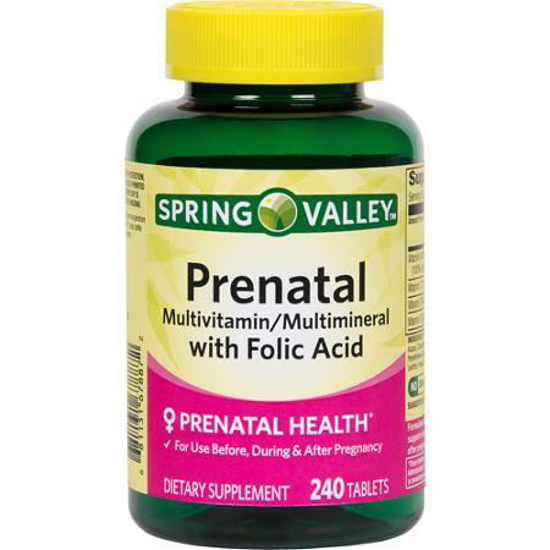Why not give baby water
Why Can't Babies Have Water? About the Risks and When It's OK
It’s a bright, sunny day outside, and your whole family is feeling the heat and guzzling water. Your newborn surely needs some hydration, too, right?
Yes, but not of the H2O variety. Your little one — if under 6 months old — should be receiving both nutrition and hydration from breast milk or formula, not water.
You probably know this, but you might not know why. It’s because babies’ bodies aren’t suited for water until several months after birth. Tiny tummies and developing kidneys put them at risk for both nutrient loss and water intoxication. Here’s the scoop.
Baby tummies are quite small. In fact, at birth, a baby’s belly only holds about 1 to 2 teaspoons, or 5 to 10 milliliters (mL)! Clearly, it does empty fast — which is why your babe needs so many feedings in a 24-hour period — but you want to fill that little tummy with nutrient-rich breast milk or formula.
So it makes sense that one risk of giving your baby water is that you’ll be filling their belly with a really quite useless substance (at least to a baby) and leaving no room for those vitamins, minerals, fat, and calories so crucial for growth and development. This can cause serious problems.
Baby’s tummy does grow over the first 6 months of life, but it’s pretty gradual. By the time they’re 1 month old, their stomach capacity is about 2.7 to 5 ounces (80 to 150 mL). By 6 months — when you can introduce little sips of water — they can generally hold about 7 ounces (207 mL) at a time.
Even between 6 months and 1 year of age, the amount of water you give your baby should be very limited. It’s more for them to get the taste and experience of water rather than for any real medical purpose like hydration. After all, formula and breast milk are very hydrating — and also give your little one what they need to grow and thrive.
Another very serious risk of giving babies water before they’re ready is water intoxication.
Hold the front door. Water — toxic?
Absolutely. In fact, water can be toxic to anyone if drunk in large quantities. But unsurprisingly, “large” is very relative to size and age here. An adult with healthy kidneys, for example, would have to drink several liters in a short period of time to get to the point of water intoxication.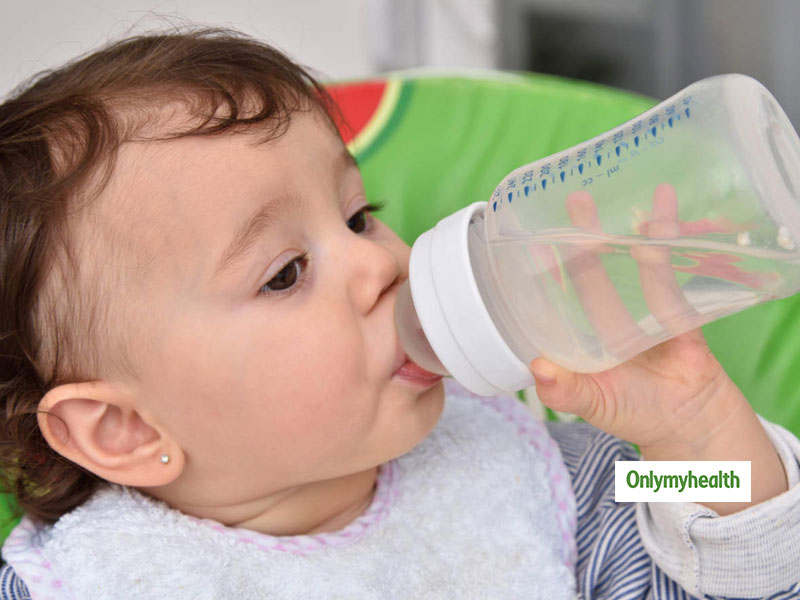
That said, it does happen to people, particularly soldiers and athletes, who tend to be in situations where they can become dehydrated quickly and then overcompensate.
In short, when the kidneys are given more water than they can handle, the excess water ends up in your bloodstream. This dilutes the fluid in your bloodstream and lowers the concentration of important electrolytes, like sodium. Too much dilution and you’re at risk for hyponatremia, which literally means too little (hypo) salt in the blood (natremia).
And baby kidneys can’t handle as much water as adult kidneys — not by a long shot. In addition to being much smaller than an adult’s kidneys, a baby’s kidneys are also not as developed. So they can’t process as much water at a time.
So giving a baby younger than 6 months even a moderate amount of water in a short period of time can lead to hyponatremia, which at its most dangerous can cause brain swelling and even death. In fact, because the brain is still developing as well, the swelling can happen more easily in an infant with hyponatremia than in an adult with hyponatremia.
A dangerous equation
Remember: Tiny tummy + immature kidneys + developing brain = Avoid giving babies water until they are 6 months of age
The thing is, most parents aren’t filling bottles with water and giving them to their infants.
The risk comes from things that you might not even give a second thought.
For example, while many swimming schools don’t offer lessons to babies under 6 months, some will start them as young as 4 months. There’s nothing inherently wrong with introducing a baby to the pool if it’s done safely — but without the proper precautions, babies can swallow pool water and experience water intoxication as a result.
Another seemingly harmless act that can lead to trouble is diluting formula or breast milk. Going back to our hydration scenario, it might seem to make sense to mix more water into your baby’s formula powder on a hot day. But don’t do this — it deprives baby of nutrients and can also lead to them getting more water than their kidneys can handle.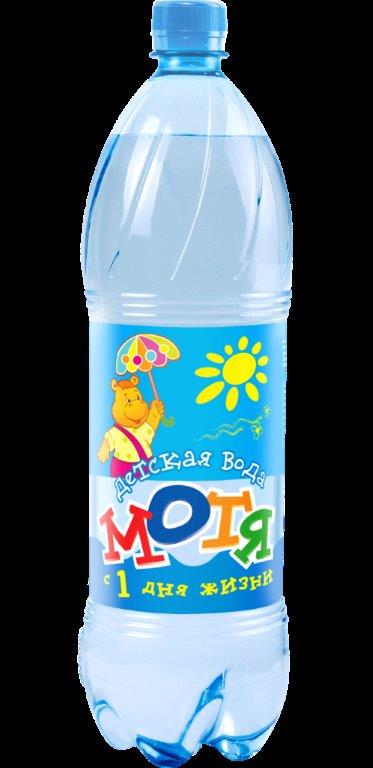
Because formula and breast milk are calorie rich, they stay in the body longer rather than overwhelming the kidneys. As a nice side effect, staying in the body longer also means they’re good at keeping your little one hydrated — no extra water needed.
At around 6 months of age, it’s OK to introduce small amounts of water — we’re talking on the teaspoon or tablespoon scale, not the full-bottle scale. It’s a good time to start introducing the concept that thirst can be quenched with water, but your baby’s main source of hydration (not to mention nutrition) should continue to be breast milk or formula.
Most babies will see water as a sort of novelty at this age and still prefer their milk. Some might even balk at the taste and make a face, especially if they were expecting something else! That’s OK — this will change.
By 1 year old, your baby — who’s just about a toddler, if you can believe it! — can have water in larger quantities as they want it, along with cow’s milk and a nutritious diet.
Related: When can baby drink water?
Talk to your pediatrician if you have any concerns about your baby’s hydration or their readiness for water. Depending on if your baby was born prematurely or has certain health conditions, your timeline for introducing water may vary.
In addition, if your baby shows any of these signs of water intoxication, head to the hospital immediately:
- inconsolable crying
- vomiting
- lethargy
- seizures
- tremors
Fortunately, parents are usually aware — by word of mouth or from their pediatrician — that they shouldn’t give young babies water. But now you also know the why behind the guideline.
When Is It Safe to Give Water to Infants?
Written by WebMD Editorial Contributors
Reviewed by Dan Brennan, MD on November 27, 2021
In this Article
- How Infants Stay Hydrated
- When Babies Can Start Drinking Water
- Making Sure Water Is Baby-Safe
- Risks of Water for Infants
- Water as Your Baby Grows
If you have a baby, you’re probably concerned about making sure they have enough water and nutrients to stay healthy. Even though your baby drinks breast milk or formula, is that enough to keep them hydrated? Yes. Here’s what you need to know.
Even though your baby drinks breast milk or formula, is that enough to keep them hydrated? Yes. Here’s what you need to know.
How Infants Stay Hydrated
As an adult, water is the most hydrating thing you can drink. It quenches your thirst and helps all of your systems stay balanced.
But children under a year old don’t need water like adults do. It can actually be dangerous for them. Babies get all their hydration from breast milk or formula.
When Babies Can Start Drinking Water
A baby should drink only breast milk or formula until they’re six months old. It has all the hydration and nutrition they need in the early months.
Even when you start giving them purees or table food at around 6 months of age, breast milk and formula are still more important than water. But you can begin to introduce it.
When babies are between 6 and 12 months of age, breast milk or formula continues to be a priority over water. But if you offer breast milk or formula first, you can then offer water, 2-3 ounces at a time.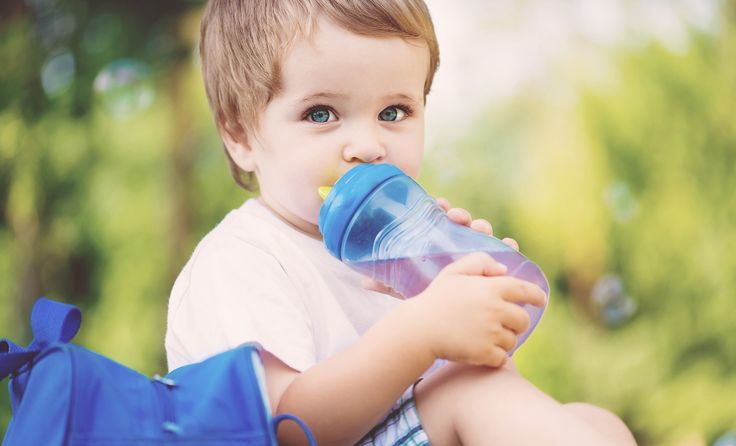 At this age, 4-8 ounces a day of water is enough. More than that may lead to water intoxication.
At this age, 4-8 ounces a day of water is enough. More than that may lead to water intoxication.
Making Sure Water Is Baby-Safe
Before using water to mix baby formula or offering a baby water for the first time, consider testing your tap water. While tap water may have fluoride that helps prevent tooth decay, it could also contain levels of lead that are unsafe for babies.
Most tap water in the U.S. is safe, with a few exceptions:
- If you have untested well water.
- If your water source has recently been contaminated.
- If your baby has low immunity.
If you’re worried about lead exposure and traces of chemicals in your water, install a filtration system or use distilled water instead which can be easily purchased.
Considerations for mixing formula with water. If you use tap water to mix formula, mix only one bottle at a time. Don’t use tap water to mix formula in bulk amounts.
A similar rule applies to water that you’ve boiled. Refrigerate boiled water within an hour, and throw it away if you don’t use it within 24 hours. Always allow the water to cool completely before mixing the formula. Hot water can burn your baby.
Refrigerate boiled water within an hour, and throw it away if you don’t use it within 24 hours. Always allow the water to cool completely before mixing the formula. Hot water can burn your baby.
When you purchase formula, carefully follow the instructions on the container for mixing it with water. Instructions vary by brand. This will ensure your baby gets the right amount of nutrients and hydration.
Mixing in too much formula may lead to constipation or dehydration. Mixing in too little formula may lead to malnutrition or water intoxication.
Risks of Water for Infants
Drinking too much water at a young age is very dangerous. Water causes an imbalance in sodium levels that may lead to:
- Seizures
- Brain damage
- Coma
- Death
Water intoxication leads to changes in behavior such as:
- Confusion
- Drowsiness
- Muscle cramps and twitching
- Nausea and vomiting
- Difficulty breathing
- Weakness
Watch for signs of water intoxication and call your doctor immediately if you have any concerns.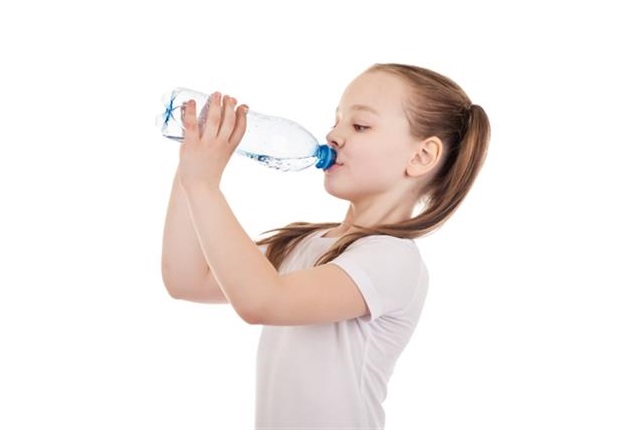
Water as Your Baby Grows
Between the ages of 1 and 3, your toddler needs 4 cups of liquid per day. This is a transitional period that should include both water and breastmilk or formula. The older your child gets, the more water they need. There are several ways you can encourage your older child to drink enough water.
Flavor water with fresh fruit. Water is healthier than juice since many children’s juices are full of sugar. If your child prefers the taste of juice, use fresh fruit to flavor their water. Lemon, berries, mint, and cucumber are great additions.
Offer more fruits and vegetables. Encourage your child to eat more fruits and vegetables with high water content. These help them stay hydrated without forcing them to drink more water than they want. Hydrating vegetables include cucumber, tomato, zucchini, celery, and iceberg lettuce. Hydrating fruits include strawberries, watermelon, blueberries, cantaloupe, and grapefruit.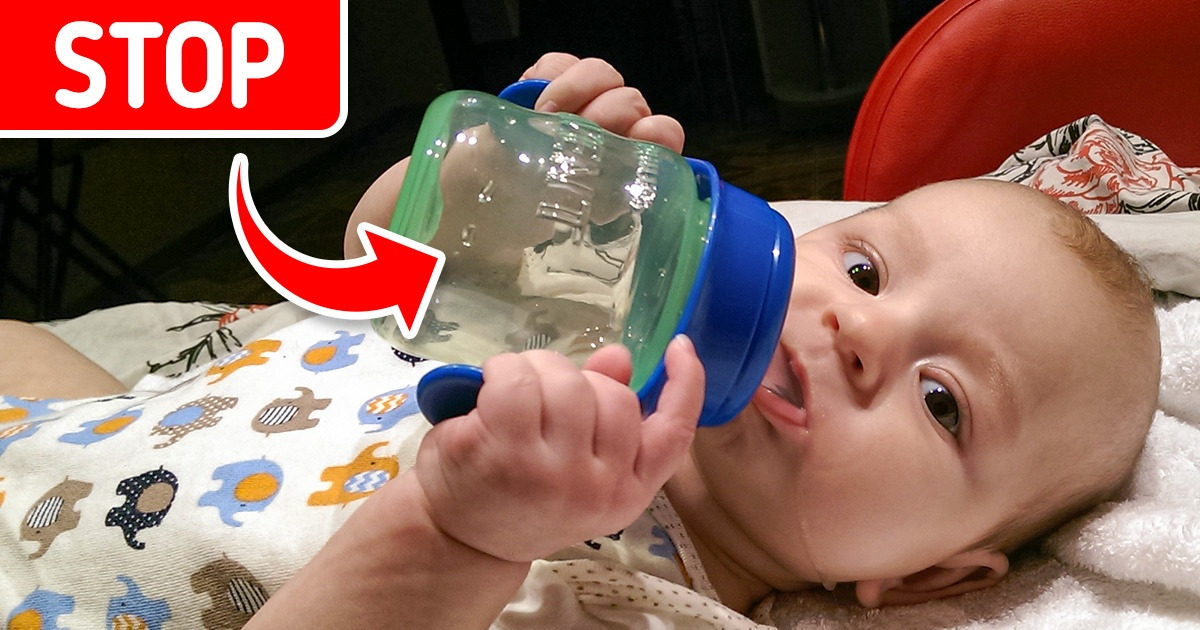
Make creative ice cubes and popsicles. Puree your fruit of choice with water and freeze it into ice cubes or popsicle molds.
Provide special drinkware. Use a fancy cup with favorite colors or characters. When you find ways to make water fun, your child is more likely to enjoy drinking it.
Everything about supplementing a child in the first year of life
“To drink or not to drink water to the baby,” many young parents ask this question. Someone is trying to give water to babies, someone is categorically against supplementation. We understand from a scientific point of view whether it is necessary to give water to a newborn.
What is the function of water
Water is a universal solvent. Without sufficient intake of it into the human body, not a single system or organ will be able to perform its functions. What is it for?
| Function | Description |
| Transport | Water serves as a medium for dissolving a wide variety of chemicals. |
| digestive | Without it, digestion is impossible. Enzymes that break down complex molecules of proteins, fats and carbohydrates are water-soluble substances. |
| Regulatory | It regulates many metabolic processes, is responsible for homeostasis and the constancy of the internal environment of the body, maintains the desired body temperature and removes heat. |
There is no single norm for water consumption per day. On average, it is believed that a person should consume at least 35 ml of fluid for every kilogram of body weight. This volume also includes liquid from food - fruits, vegetables, soups, and so on.
Supplementation of a breastfed infant
Pediatricians of the old school and the older generation often insist that even a newborn baby should be given at least a teaspoon of clean water a day. However, there is no scientific basis for these recommendations:
However, there is no scientific basis for these recommendations:
- The excretory system of a newborn is not yet fully mature to absorb and excrete pure water. This can adversely affect the kidneys of the baby.
- An infant's fluid requirement is between 100 and 500 ml, depending on its birth weight. A teaspoon and even a tablespoon of liquid against this background is lost and cannot play any significant role in the metabolism of the baby.
- In regions where the mother cannot control the quality or purchase bottled water, supplementation can lead to intestinal and parasitic infections.
When a mother feeds her baby on demand, the baby does not need additional fluids. If necessary, you can increase the number of attachments or help the baby spend more time at the breast.
Supplementation can result in health problems for the baby. However, in some cases, additional fluid may be required. Our doctors remotely or by phone will help you understand when the child needs supplementation, and will advise on all issues related to the health of the baby.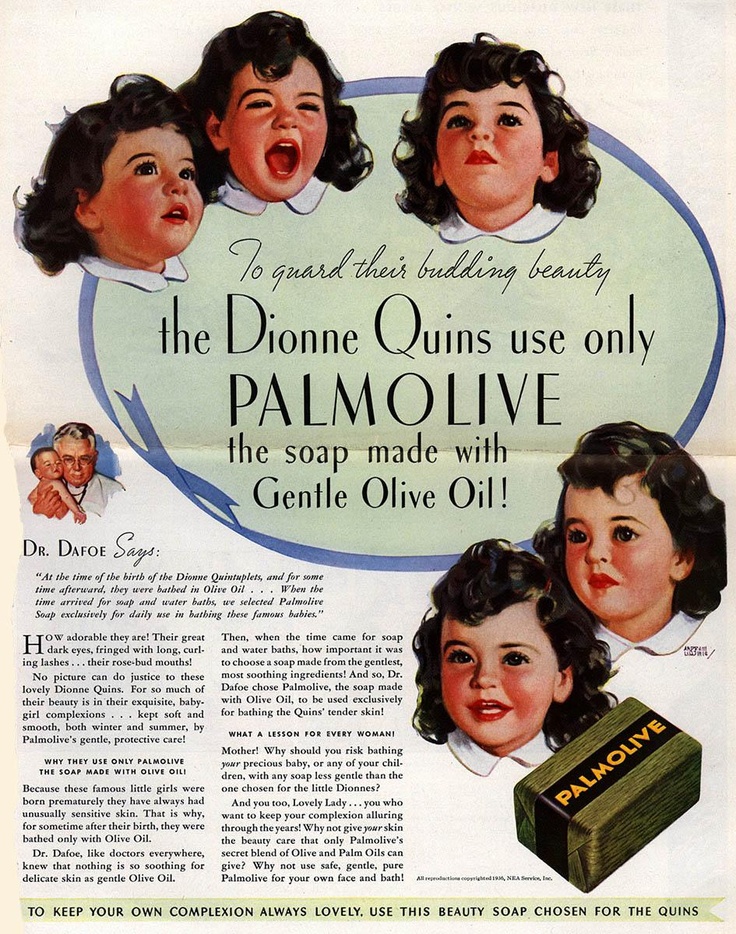
Mixed and bottle fed water
It is not always possible for a mother to keep breast milk or have a desire to breastfeed her baby. In this case, artificial substitutes or adapted mixtures come to the rescue. It is believed that such mixtures are similar to breast milk, so formula-fed or mixed-fed babies also do not need to be supplemented.
However, some pediatricians recommend offering supplemental fluids to formula-fed babies when they reach one month of age. It is best to give water after or between feedings, as excess fluid before feeding can reduce the amount of formula a baby eats.
Important! If the child shows signs of dehydration, water should be given. However, it is necessary to supplement not with clean fresh water, but with special registration solutions, which contain minerals necessary to maintain blood composition.
When can I supplement the baby with water
However, there are situations when supplementation is necessary for a child.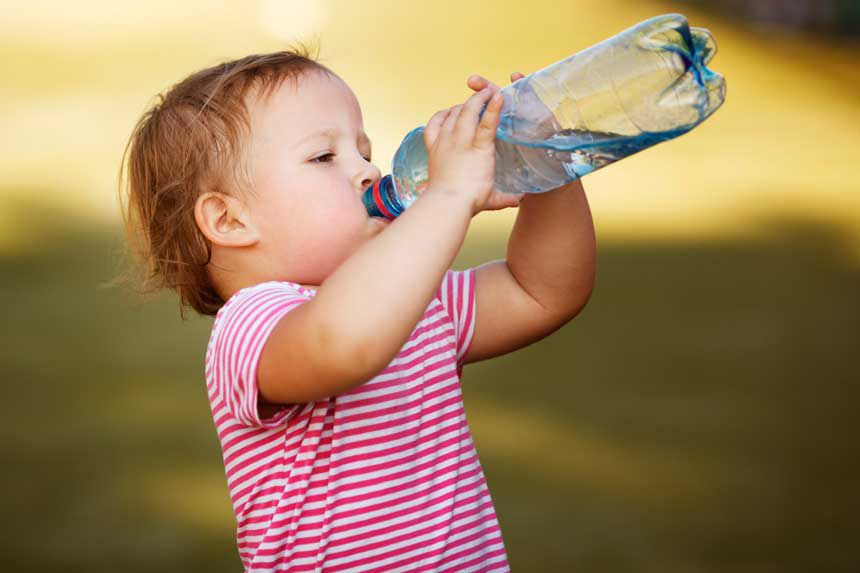 Offer liquids begin after the baby begins to introduce complementary foods. At this age, the baby should be given only pure water without additives. It is not recommended to drink tea, juice, whole milk and other sweet or unsweetened drinks for a child under one year old.
Offer liquids begin after the baby begins to introduce complementary foods. At this age, the baby should be given only pure water without additives. It is not recommended to drink tea, juice, whole milk and other sweet or unsweetened drinks for a child under one year old.
In addition, an infant may need additional fluid in the following situations:
- heat;
- vomiting or diarrhea;
- heatwave;
- signs of dehydration.
You can suspect a lack of fluid by dryness of the skin, a decrease in the number of urination or urine volume. Even with mild dehydration, urine becomes dark and has a strong odor. To see if your baby is getting enough fluid, you can do a wet diaper test.
To do this, you need to remove the diaper from the baby and estimate the number of urination, as well as the approximate volume of urine for each of them. In newborns, this number should match the number of days the baby lives.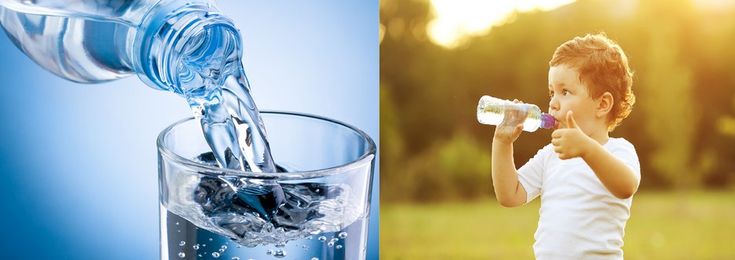 After 2 weeks after birth, the number of urination should be at least 12.
After 2 weeks after birth, the number of urination should be at least 12.
Read also How to introduce complementary foods
FAQ
Does a newborn need water while breastfeeding?
+
The World Health Organization does not recommend supplementing children with any form of feeding. It is believed that breast milk and an adapted formula contain enough liquid for the baby.
At what age do you need to give your baby water to drink?
+
You can start supplementing after the introduction of complementary foods. At this age, you should not give your baby any other drinks other than pure fresh water. For the first addition, it is better to use bottled water.
Why can't a newborn be given water to drink?
+
In regions where it is impossible to control its quality, water can become a source of intestinal and parasitic infections.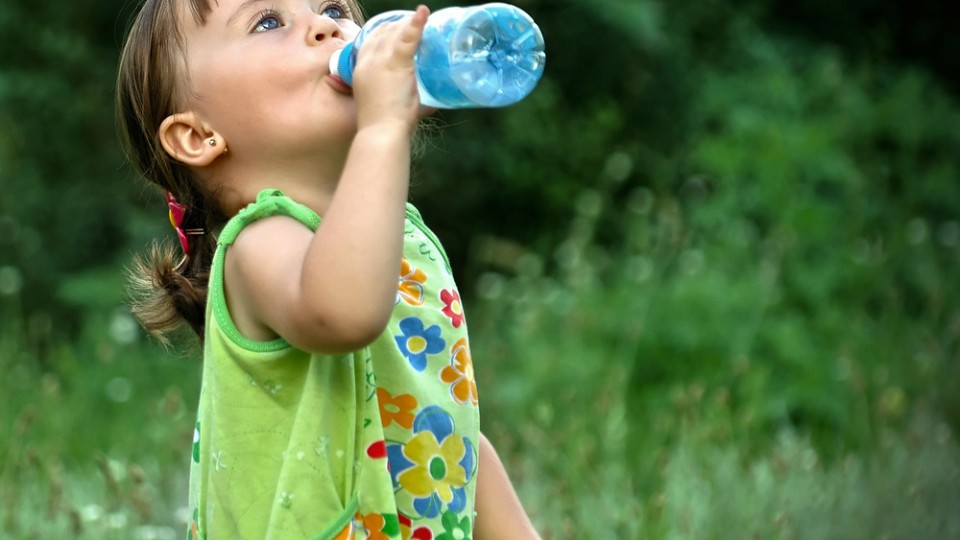 Also, supplementation can affect the baby's kidneys.
Also, supplementation can affect the baby's kidneys.
How to understand that the child has enough fluid?
+
To do this, you need to conduct a wet diaper test - remove the diaper and calculate the amount and volume of urine. Newborns should write as many times as they are days old. Two weeks after birth, the number of urination should not fall below 12 times a day.
Is it necessary to force a baby to drink water if he does not want to?
+
No, if the child does not want to drink or spits out the liquid, do not force it into the mouth. This can lead to asphyxia. If the parents are worried that the bottle is not getting enough fluid, the number of milk or formula feedings can be increased.
Expert opinion
According to modern ideas, before the introduction of complementary foods, the child does not need additional liquid. However, in some cases (with dehydration, diarrhea, vomiting, high body temperature in a child, extreme heat), supplementation may be justified.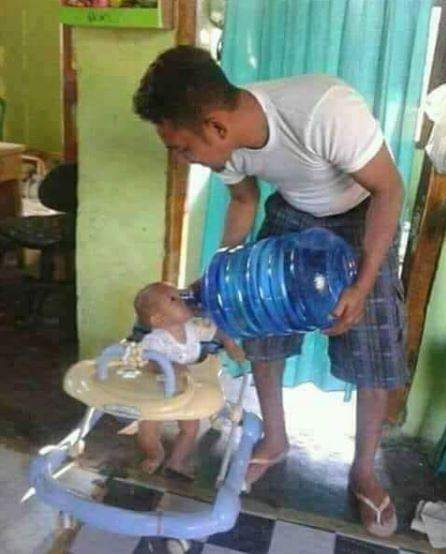 If in any doubt, consult your pediatrician. Our doctors at any time of the day will remotely consult on any issues about the health of babies and suggest how to act in controversial situations
If in any doubt, consult your pediatrician. Our doctors at any time of the day will remotely consult on any issues about the health of babies and suggest how to act in controversial situations
We publish only verified information
Article author
Pruzhinin Mark Yulievich pediatrician
Experience 30 years
Consultations 1572
Articles 104
An experienced pediatrician with extensive experience and clinical experience in various medical organizations in the field of general pediatrics, resuscitation and anesthesology and neuroinfection. Works with leading experts, attends international and Russian conferences.
Works with leading experts, attends international and Russian conferences.
All about giving water to a child of the first year of life
“To drink or not to drink water to the baby,” many young parents ask this question. Someone is trying to give water to babies, someone is categorically against supplementation. We understand from a scientific point of view whether it is necessary to give water to a newborn.
What is the function of water
Water is a universal solvent. Without sufficient intake of it into the human body, not a single system or organ will be able to perform its functions. What is it for?
| Function | Description |
| Transport | Water serves as a medium for dissolving a wide variety of chemicals. With its help, the body is supplied with the necessary nutrients and gets rid of metabolic products. |
| digestive | Without it, digestion is impossible. Enzymes that break down complex molecules of proteins, fats and carbohydrates are water-soluble substances. |
| Regulatory | It regulates many metabolic processes, is responsible for homeostasis and the constancy of the internal environment of the body, maintains the desired body temperature and removes heat. |
There is no single norm for water consumption per day. On average, it is believed that a person should consume at least 35 ml of fluid for every kilogram of body weight. This volume also includes liquid from food - fruits, vegetables, soups, and so on.
Supplementation of a breastfed infant
Pediatricians of the old school and the older generation often insist that even a newborn baby should be given at least a teaspoon of clean water a day. However, there is no scientific basis for these recommendations:
- The excretory system of a newborn is not yet fully mature to absorb and excrete pure water.
 This can adversely affect the kidneys of the baby.
This can adversely affect the kidneys of the baby. - An infant's fluid requirement is between 100 and 500 ml, depending on its birth weight. A teaspoon and even a tablespoon of liquid against this background is lost and cannot play any significant role in the metabolism of the baby.
- In regions where the mother cannot control the quality or purchase bottled water, supplementation can lead to intestinal and parasitic infections.
When a mother feeds her baby on demand, the baby does not need additional fluids. If necessary, you can increase the number of attachments or help the baby spend more time at the breast.
Supplementation can result in health problems for the baby. However, in some cases, additional fluid may be required. Our doctors remotely or by phone will help you understand when the child needs supplementation, and will advise on all issues related to the health of the baby.
Mixed and bottle fed water
It is not always possible for a mother to keep breast milk or have a desire to breastfeed her baby.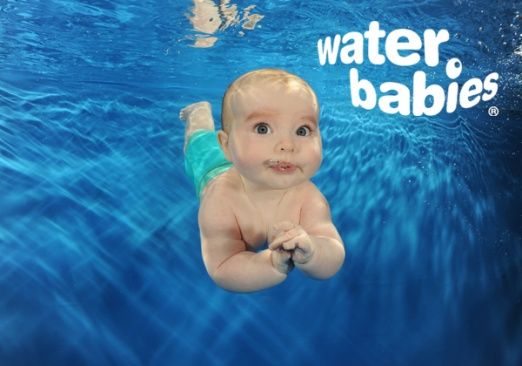 In this case, artificial substitutes or adapted mixtures come to the rescue. It is believed that such mixtures are similar to breast milk, so formula-fed or mixed-fed babies also do not need to be supplemented.
In this case, artificial substitutes or adapted mixtures come to the rescue. It is believed that such mixtures are similar to breast milk, so formula-fed or mixed-fed babies also do not need to be supplemented.
However, some pediatricians recommend offering supplemental fluids to formula-fed babies when they reach one month of age. It is best to give water after or between feedings, as excess fluid before feeding can reduce the amount of formula a baby eats.
Important! If the child shows signs of dehydration, water should be given. However, it is necessary to supplement not with clean fresh water, but with special registration solutions, which contain minerals necessary to maintain blood composition.
When can I supplement the baby with water
However, there are situations when supplementation is necessary for a child. Offer liquids begin after the baby begins to introduce complementary foods. At this age, the baby should be given only pure water without additives. It is not recommended to drink tea, juice, whole milk and other sweet or unsweetened drinks for a child under one year old.
It is not recommended to drink tea, juice, whole milk and other sweet or unsweetened drinks for a child under one year old.
In addition, an infant may need additional fluid in the following situations:
- heat;
- vomiting or diarrhea;
- heatwave;
- signs of dehydration.
You can suspect a lack of fluid by dryness of the skin, a decrease in the number of urination or urine volume. Even with mild dehydration, urine becomes dark and has a strong odor. To see if your baby is getting enough fluid, you can do a wet diaper test.
To do this, you need to remove the diaper from the baby and estimate the number of urination, as well as the approximate volume of urine for each of them. In newborns, this number should match the number of days the baby lives. After 2 weeks after birth, the number of urination should be at least 12.
Read also How to introduce complementary foods
FAQ
Does a newborn need water while breastfeeding?
+
The World Health Organization does not recommend supplementing children with any form of feeding. It is believed that breast milk and an adapted formula contain enough liquid for the baby.
It is believed that breast milk and an adapted formula contain enough liquid for the baby.
At what age do you need to give your baby water to drink?
+
You can start supplementing after the introduction of complementary foods. At this age, you should not give your baby any other drinks other than pure fresh water. For the first addition, it is better to use bottled water.
Why can't a newborn be given water to drink?
+
In regions where it is impossible to control its quality, water can become a source of intestinal and parasitic infections. Also, supplementation can affect the baby's kidneys.
How to understand that the child has enough fluid?
+
To do this, you need to conduct a wet diaper test - remove the diaper and calculate the amount and volume of urine. Newborns should write as many times as they are days old.
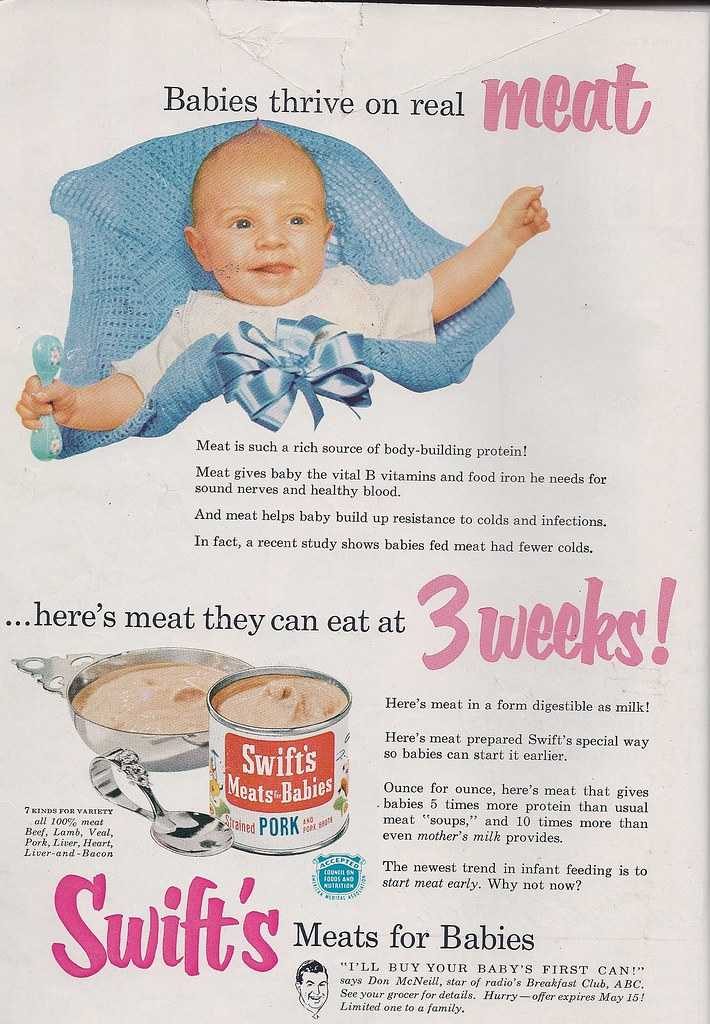 With its help, the body is supplied with the necessary nutrients and gets rid of metabolic products.
With its help, the body is supplied with the necessary nutrients and gets rid of metabolic products. 

